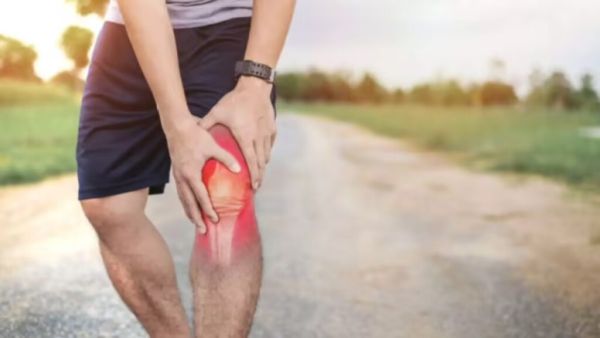
Winter Joint Pain Relief Tips: The cold winds of winter affect our body in many ways and the first effect is felt on the joints. There is slight stiffness in the beginning, but gradually the knees, waist, shoulders and old injured areas start giving pain as if years old memories have become fresh again.
Many people call it age or weakness, but the real reason is that due to increasing cold, the veins of the body shrink and blood flow slows down. And due to all these reasons joint pain starts. Today we are going to tell you some easy and useful self-care tips, which will help you in keeping you fit, active and getting relief from pain in winter.
Make light morning stretching a routine: Muscles start getting tight in cold, so start the day with 5-10 minutes of stretching. Light stretching of neck, shoulders, knees and hamstrings and easy yoga asanas like Cat-Cow, Tadasana, Bhujangasana increase your blood flow and reduce stiffness.
Keep joints warm: Keep knees, waist and shoulders covered with warm clothes. Use a heat pad or hot water bag if needed. Heat improves blood circulation and provides relief from pain.
Light exercise is mandatory: Body movement reduces in cold, which further increases stiffness. 20–30 minute walk, light cycling. Easy mobility exercises at home, regular movement keeps the joints “lubricated”.
Balanced and warming diet: Soup, porridge, turmeric milk, Omega-3 rich things: Flaxseed, walnuts, Vitamin-D and calcium rich foods reduce swelling in the body and strengthen the joints.
Do not let there be shortage of water: One feels less thirsty in cold, but due to lack of water the joints feel even stiffer. Drink 6–8 glasses of water a day.
Bathing with lukewarm water: Lukewarm water bath relaxes the muscles and keeps the body warm. Avoid too hot water, it can dry the skin.
Oil Massage (Abhyanga): Massage with lukewarm mustard, sesame or coconut oil. Less pain and stiffness, warmth and flexibility in muscles. It is considered very beneficial in winter.
Adequate sleep and less stress: Stress and lack of sleep increase swelling in the body, which can increase pain. 7–8 hours of sleep is necessary.
1- the pain continues to increase
2- there is swelling or redness in the joints
3- If it becomes difficult to walk, consult an orthopedic/physiotherapist immediately.